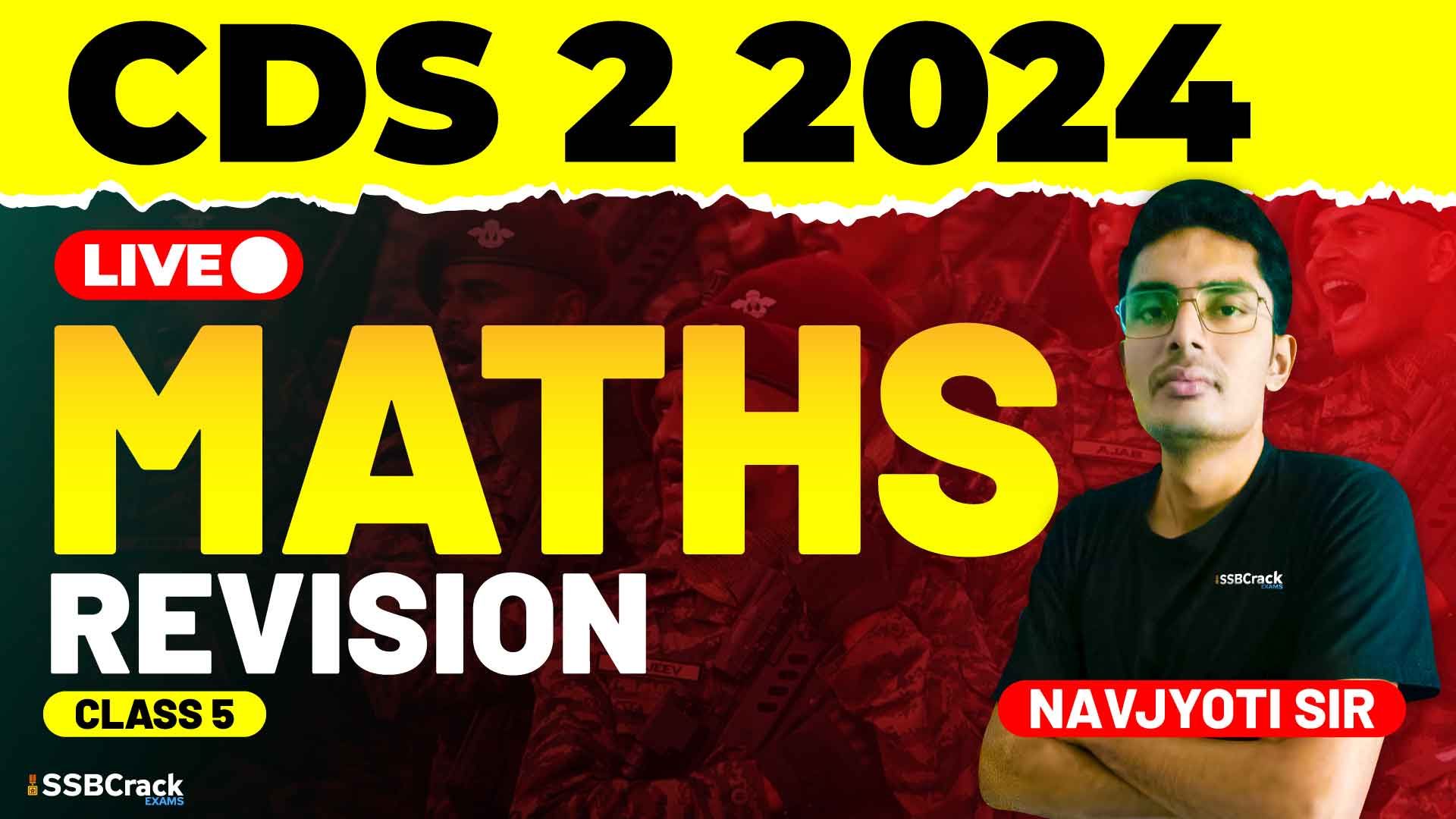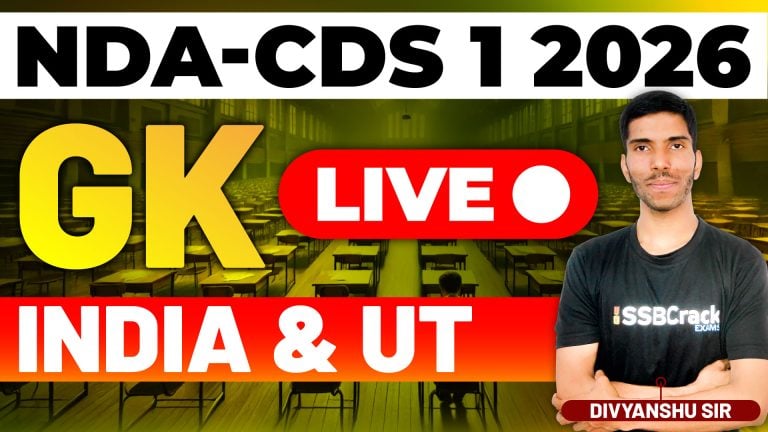The Combined Defence Services (CDS) exam is a highly competitive examination that demands a thorough understanding of various mathematical concepts, one of which is Simple and Compound Interest. This article is based on a revision class that focused on practicing multiple-choice questions (MCQs) related to these topics. The class aimed to enhance problem-solving skills, familiarize students with exam patterns, and equip them with strategies to tackle questions effectively.
Understanding Simple and Compound Interest
Simple Interest is a fundamental concept in finance, calculated using a fixed percentage of the principal amount over a specific period. The simplicity of this method lies in its straightforward calculation, making it a frequent topic in competitive exams like CDS. On the other hand, Compound Interest is slightly more complex, as it involves calculating interest on both the initial principal and the accumulated interest from previous periods. This compounding effect can occur annually, semi-annually, quarterly, or even monthly, making it crucial for candidates to grasp the concept thoroughly.
Key Concepts Covered
The revision class delved into the following key areas:
- Basic Definitions and Formulas:
- The difference between Simple and Compound Interest was emphasized.
- Understanding the fundamental formulas for calculating Simple Interest and Compound Interest was crucial. Although no formulas are included in this article, students were encouraged to memorize and apply them efficiently during the exam.
2. Interest Calculation for Different Periods:
- The class highlighted the importance of knowing how to calculate compound interest for different periods, such as half-yearly, quarterly, etc.
- The effect of the compounding frequency on the overall interest was discussed, which is essential for solving complex problems in the exam.
3. MCQ Practice:
- Extensive practice of MCQs was the core of this revision session. Students were exposed to various types of questions that could appear in the CDS exam, from straightforward interest calculations to more intricate problems involving multiple compounding periods.
Strategies for Solving MCQs in CDS Exam
- Time Management: In competitive exams like CDS, time is of the essence. The class emphasized practicing under timed conditions to improve speed and accuracy. Quick mental calculations and familiarity with common interest rates can save valuable time.
- Understanding the Question: Carefully reading and understanding the question is crucial. Many students make mistakes by overlooking key details, such as the compounding period or the rate of interest. The class encouraged students to underline or highlight such details to avoid confusion.
- Elimination Technique: When unsure about an answer, the elimination technique can be useful. By ruling out the obviously incorrect options, students can increase their chances of selecting the correct answer. This was particularly highlighted during the discussion of MCQs in the class.
- Regular Practice: The importance of regular practice cannot be overstated. The more problems students solve, the more familiar they become with the types of questions that appear in the exam. The class recommended solving previous years’ papers and taking mock tests to build confidence.
- Reviewing Mistakes: Learning from mistakes is a crucial part of preparation. The class encouraged students to review their errors after each practice session to understand where they went wrong and how to correct it in the future.
Conclusion
The revision class on Simple and Compound Interest was a comprehensive session aimed at honing the skills necessary to excel in the CDS exam. By focusing on MCQ practice, students not only reinforced their understanding of the concepts but also learned valuable strategies for tackling questions effectively. As the exam approaches, continued practice and a clear understanding of the underlying principles of interest calculations will be key to success.







